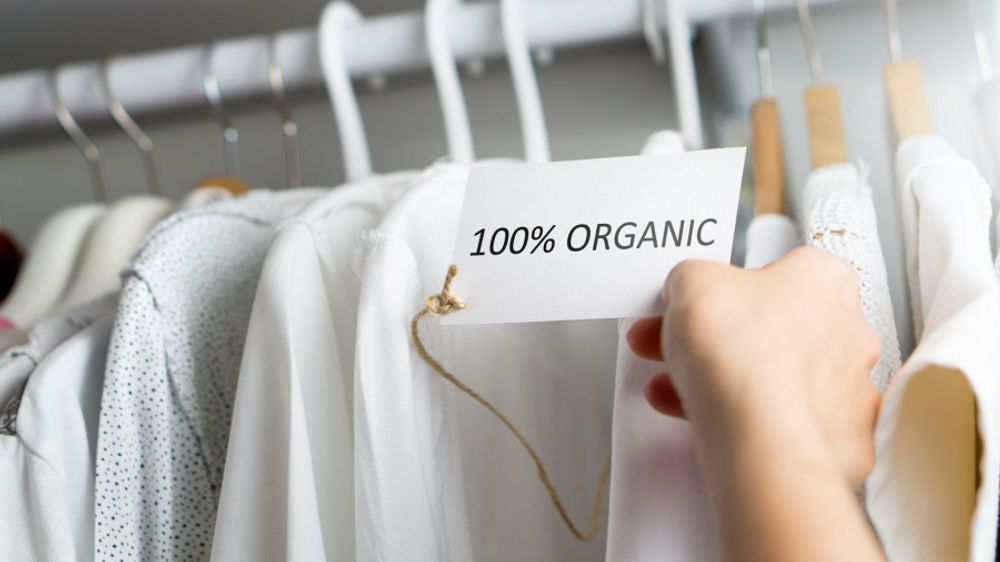


Firstly, let me introduce you to the term ethical fashion. It is nothing but construction, design, production, and distribution of garments in the market that focuses on reducing harm to the environment. Basically, ethical, and sustainable fashion is an approach towards making garments which maximizes the benefits to the industry and society at large, at the same time minimizes the impacts on the environment and people. Ethical fashion is not only about sustainability but ethically running your business at every step of the way. People might question that why are ethical and sustainable fashion brands more expensive than fast fashion brands, the only answer to that can be because most of the ethical brands are very transparent about their practices and where the money goes. They believe in running their business ethically and without any corruption.
The three main reasons for supporting ethical fashion are its better for the environment, better for the workers and better for the future. If the garment industry is to improve themselves and move towards sustainable fashion, then there are a lot of big changes ahead for businesses.
Every step of the production process needs to transform, from the sourcing of raw materials and treatment towards workers, sanitised workplace to shipping and the attitude towards consumers.
With the world evolving and changing, people are starting to change with it, and sustainable fashion is the next step in the industry.
According to WWD, consumers spent more than seven billion hours online searching for “sustainable,” “ethical,” “fair trade,” and “eco-friendly” items in 2020. Moreover, fast fashion had a particularly difficult year. Edited, a retail market analytics firm, claims “in the U.S. and U.K. combined, new product arrivals for Q3 2020 were 11 percent lower than in 2019.” This could indicate a shift and decline in the fast fashion industry, or simply that there’s been a pause in production in response to the pandemic.
The brands in the fashion business instead of looking for what they think consumers want to hear must choose what values matter most to their brand. It’s in their best interest to lay out all the facts—the good, the bad, and the ugly. An honest company is more likely to receive interest from Millennial and Gen Z consumers who care about transparency and authenticity. The more information brands provide, the more likely they are to be praised instead of criticized.




